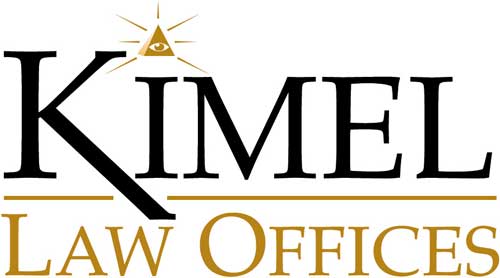Seeking financial relief by filing for bankruptcy is a responsible and courageous step towards a brighter financial future. However, it’s essential to be wary of common pitfalls that can hinder the bankruptcy process and prevent you from making the most of the opportunity of a fresh start.
Mistakes can delay the bankruptcy process or even lead to a denial of your petition. The good news is that they are avoidable and with careful consideration, you can navigate the bankruptcy journey more smoothly. Below are some of the common blunders you should avoid.
1. Filing the wrong kind of bankruptcy
Choosing the wrong type of bankruptcy, whether by opting for Chapter 7 when Chapter 13 is more suitable or vice versa, can have profound consequences on your financial recovery. For instance, choosing Chapter 7 when Chapter 13 might be more appropriate could result in the liquidation of assets that you might have otherwise retained. On the other hand, opting for Chapter 13 without the necessary income to sustain a repayment plan might lead to unnecessary financial strain.
2. Transferring assets to third parties
Transferring property into someone else’s name might seem like a strategic move to safeguard your assets when filing for bankruptcy. However, it can lead to undesirable consequences or even legal repercussions. Your bankruptcy petition could be denied, and you may be charged with bankruptcy fraud for concealing assets or moving them to third parties.
3. Racking up debts
Unnecessary spending or incurring new debts in the lead-up to filing for bankruptcy may be viewed as an attempt to take advantage of the process. It could lead to complications during bankruptcy proceedings. For example, such debts may not be discharged and you may be required to repay them.
4. Neglecting legal guidance
The intricacies of bankruptcy law and the far-reaching consequences of these and other mistakes amplify the need for qualified legal guidance. It can go a long way in optimizing your bankruptcy journey by empowering you to make informed decisions and avoid critical missteps.
